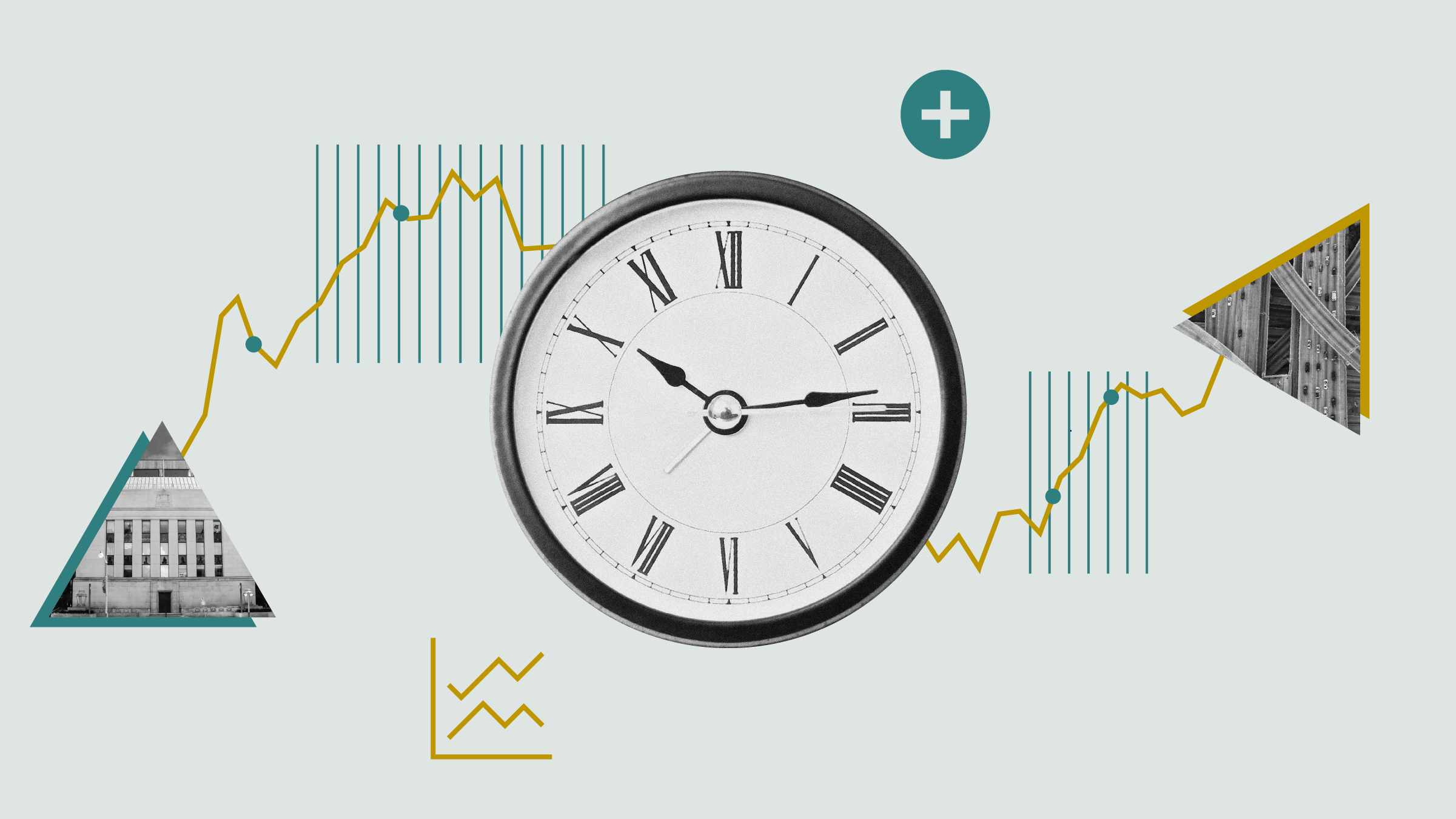
In honour of Women’s History Month Morningstar is dedicating an entire week to Women and Investing. And one topic that pops up in every discussion is that women are increasingly holding more wealth globally. In fact, one-third of the world’s private wealth is held by women, according to Boston Consulting Group (BCG).
In 2023, BCG projected that women’s wealth globally will reach $93 trillion, and will increase $5 trillion every year.
In Canada that equates to females having more decision-making power, getting more curious about investing and for advisors it means they are seeing more female clients.
How Are Advisors Approaching Women With Advice?
Lori Norman, Senior Investment Specialist, Steadyhand Investment Funds, says that of her new clients – 70% are female.
I asked her if she has a different approach with females. “No. I think as a female advisor I have a different approach in general, but it is not gender specific to the client.”
“I can say it’s easier to relate with female clients because we are wearing the same shoes. And female clients have specific challenges, so often our conversations are more varied,” she adds.
What Are Some Financial Challenges That Women Face?
- Time Off Work—Women take more time off to care for young children and elderly parents. According to Pew Research, 39% of mothers took a significant amount of time off to care for a family member versus 24% of men. And mothers are three times more likely as men to report that they quit a job to care for a family member.
- Career Gaps—Due to time off, women typically have career gaps. “And you are missing promotions when you take time off. Your path is different. Whereas males tend to have a more linear path in career and within their families,” says Norman.
- Longevity—Globally, women outlive men.In developed countries, the average life expectancy at birth is 79 years for women and 72 years for men. So, when working with an advisor women must adhere to a longer outlook when planning for retirement.
Are Women More Risk Averse Than Men?
In general, most studies reveal that women are more risk averse than men. In this paper, the lead researcher, Dr Chris Dawson says: It is widely acknowledged that men, across many domains, take more risks than women. These differences in how the sexes view risk can have significant effects.
He points to women being less optimistic and the pain of losses (even monetary) are felt more acutely compared to men.
Unfortunately, being risk averse for female investors did not pay off in 2021 and 2022 if you’re a bond investor. The Morningstar Canada Core Bond Index 2021 has bonds at -2.8 and -11.5 in 2022.
Norman points out one thing missing from these studies, “I think a lot of women equate risk to not understanding investments, which puts them on the sideline.”
She adds, “Women do have a different approach to investing. And many believe they need to know EVERYTHING. They are hesitant and there is social conditioning there that we need to know everything before we do something.”
Industry Issue: Advice Not Relatable
Unfortunately, the financial advice industry fails women. It fails them in the language that is used. Which is often jumbled with jargon and can unfortunately come across as demeaning.
Norman says that women still feel talked down to and that overall, the industry feels unwelcoming for females.
Within the industry this has a cyclical effect. Women make up more than half of the entry-level finance workforce in the United States, but only about 6% of the top public financial institutions have women in senior positions.
Furthermore, many women in finance cite a lack of female mentors as a major road black to pursuing their careers. Which is unfortunate because mentoring programs can boost minority representation in managerial positions by about 9% to 24%.
There aren’t very many winners in this scenario. Businesses and advisors lose money because female clients can’t relate to the advice. The client can feel demoralized. And females within the industry have trouble seeing a clear path forward. This must change.
And there’s money on the line: $93 trillion globally, increasing by $5 trillion every year.



















